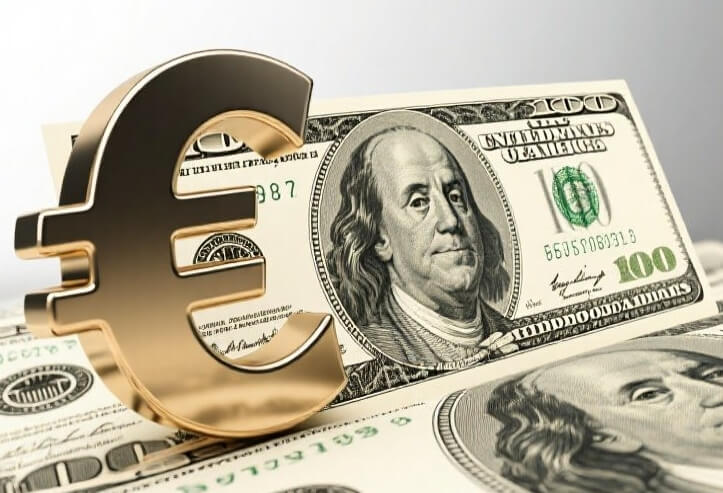EUR/USD treads water above 1.1600 amid US-China trade tensions, government shutdown

EUR/USD may regain its ground as the US Dollar weakens amid renewed US-China trade tensions.
President Trump announced plans to raise 100% tariffs on Chinese imports.
The Euro gains support as France’s political tensions ease and President Macron prepares to appoint a new prime minister.
EUR/USD steadies after registering nearly 0.5% gains in the previous session, trading around 1.1620 during the Asian hours on Monday. However, the pair may further appreciate as the US Dollar (USD) could continue to struggle amid escalating trade tensions between the world’s two largest economies, the United States (US) and China, along with the ongoing US government shutdown.
US President Trump commented on Friday that there was no reason to meet with China’s President Xi Jinping during the upcoming summit in South Korea in two weeks. Trump also announced plans to impose 100% tariffs on Chinese imports. In response, China warned that it will retaliate if Trump fails to back down on his threat to impose 100% tariffs on Chinese imports, raising fears of how the trade war will impact the US economy.
The first US Federal paychecks for October were expected on Friday but were delayed due to the government shutdown. The disruption is expected to continue at least until Tuesday, as the United States observes the Columbus Day holiday on Monday, with no resolution to the shutdown yet in sight.
The EUR/USD pair also draws support as the Euro (EUR) gains ground amid easing political tensions in France, where President Emmanuel Macron is set to appoint a new prime minister after Sebastien Lecornu’s resignation. Investors’ sentiment improved as Lecornu indicated that dissolving parliament and thus holding snap elections was unlikely.
The European Central Bank’s (ECB) September meeting accounts showed that policymakers broadly agreed the current policy stance remains consistent with the 2% medium-term inflation target. ECB members concurred that current interest rates are sufficiently strong to handle potential shocks amid two-sided inflation risks.
* The content presented above, whether from a third party or not, is considered as general advice only. This article should not be construed as containing investment advice, investment recommendations, an offer of or solicitation for any transactions in financial instruments.


